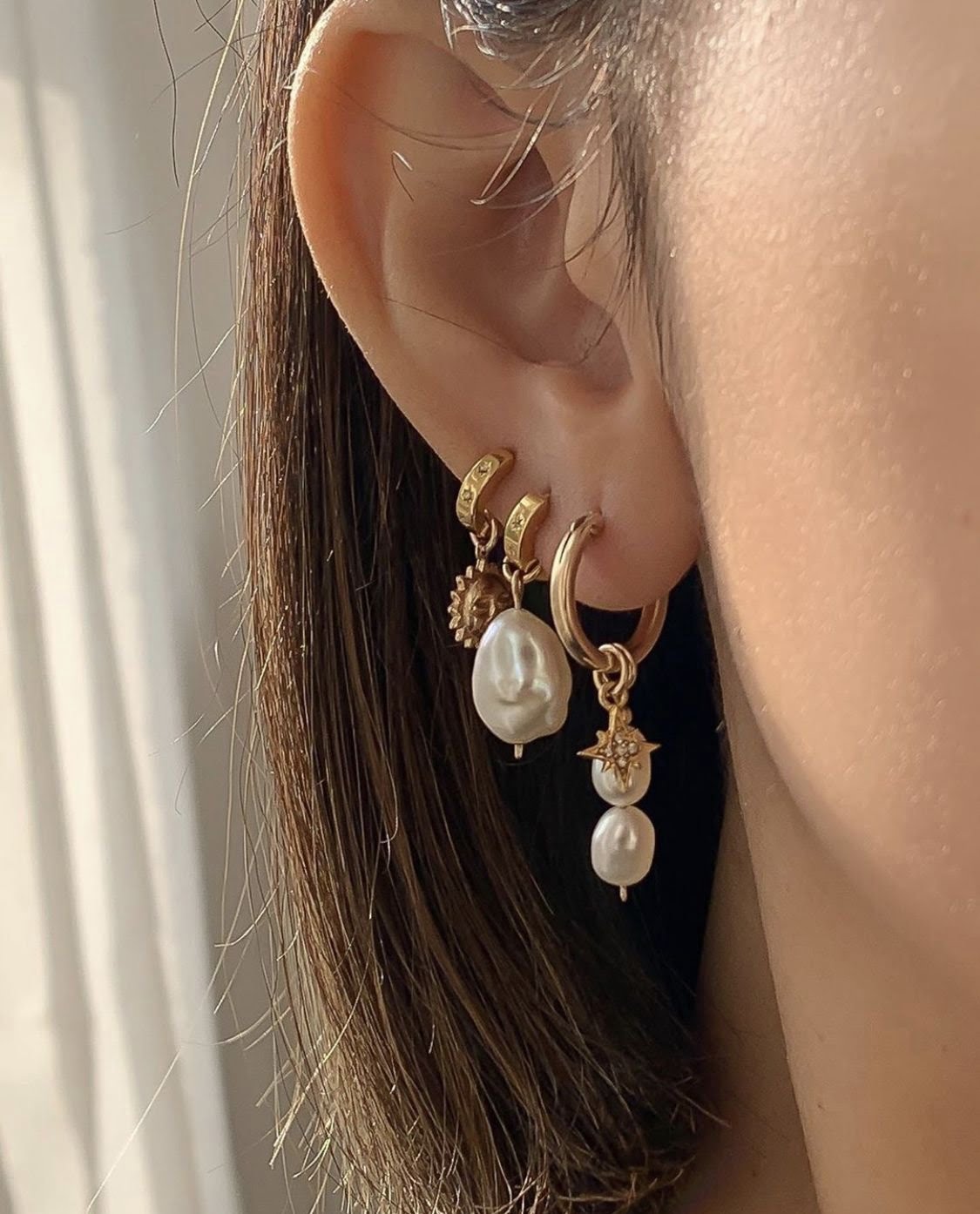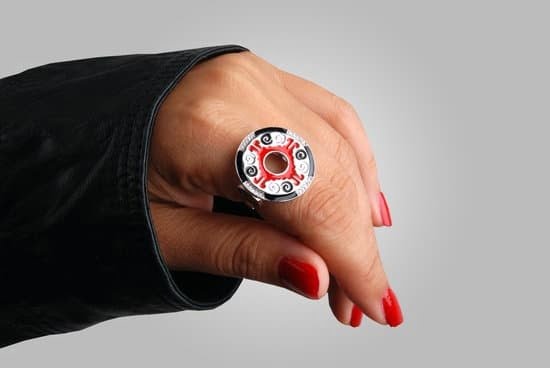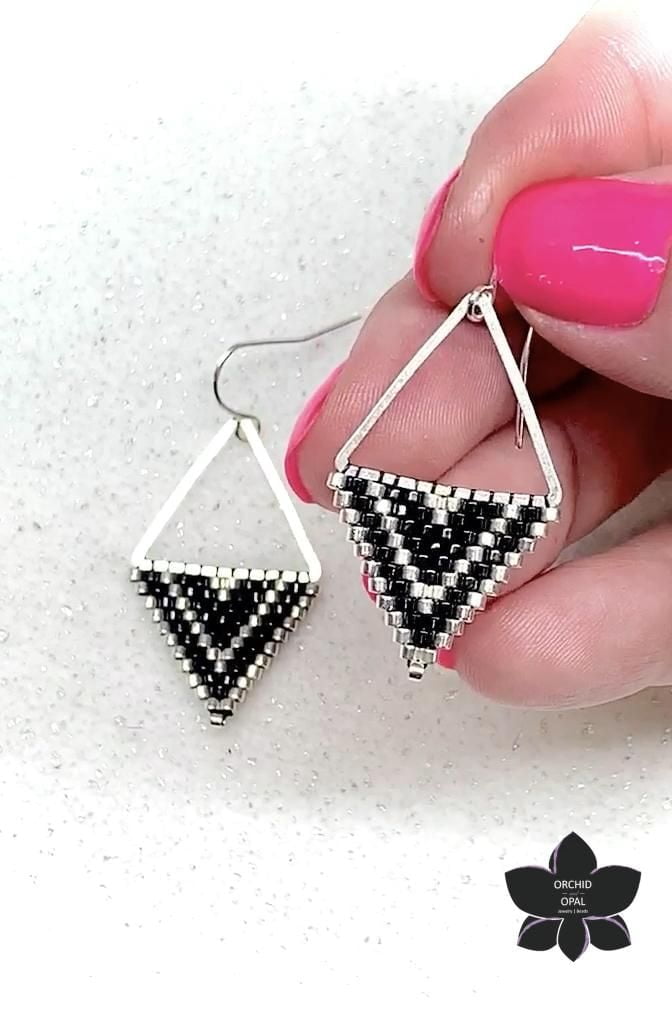Introduction
An inflated jewelry appraisal is an inaccurate assessment of the value of a particular piece of jewelry. It is when the appraiser has purposely or mistakenly overstated the true worth of the item, resulting in a much higher estimated price than what it would fetch on the market. Inflation of appraisals can occur due to many factors such as incorrect market research, biased opinions, or unscrupulous business deals. Because jewelry has both aesthetic and financial value, an esthetically pleasing item may be given an exaggerated value.
In recent years there have been a number of cases where customers have reported being sold pieces for prices that trended significantly lower than the appraised values. This has led to increased scrutiny around jewelers and their level of trustworthiness when it comes to providing accurate assessments for items that may have a lot of sentimental and tangible value attached to them. As such, suing for an inflated jewelry appraisal has almost become commonplace in certain areas as people look to protect their investments and ensure they aren’t getting taken advantage of.
For those interested in learning more about how they can go about suing for an inflated jewelry appraisal, here are some key steps they should take:
1) Understand why you were given an inflated appraisal ” Was it intentional or was it accidental? Was your final sale price significantly lower than the appraisal value? If so, this could be evidence that it was artificially inflated.
2) Research similar items online ” Compare new and used sales prices with your appraised value to understand what type of margin discrepancy you are looking at. This will also help you build your case if you decide to pursue legal action against your jeweler.
3) Retain all documentation from your purchase ” Keep records of appraisals, conversations between yourself and any other representatives involved in the sale process etc., as this will be beneficial when formulating or presenting evidence supporting your claims later on down the line should legal action be necessary.
4) Consult with a professional ” Engage a lawyer familiar with consumer protection laws who specializes in helping victims receive compensation for practices like these before making any decisions regarding legal action as this may save time and resources long term
What You Should Know Before Suing for an Inflated Appraisal
Yes, you can sue for an inflated jewelry appraisal if certain conditions are met. In order to successfully pursue a legal claim of this nature, there must be evidence that the jeweler knew or should have known the appraisal was inaccurate. The jewelry proprietor must have been negligent in preparing the appraisal and intentionally misled its customers about the value of the item in question for a lawsuit to be successful.
If these elements are present, then the steps necessary for filing a lawsuit include collecting evidence to prove negligence on the part of the appraiser and damages suffered by you due to the overvalued evaluation. You must also consult with a lawyer as soon as possible since inflated appraisals can be complicated cases; laws governing them vary from state to state and it is likely you will need an experienced attorney’s advice in order to receive proper legal representation. Additionally, it may be beneficial to I review your state’s deadlines regarding statutes of limitations and any other regulations concerning lawsuits related to overvalued appraisals before proceeding.
What to Do if You Suspect an Appraisal is Inaccurate
You can take action to pursue the accurate appraisal of your jewelry if you think you have been given an inflated appraisal. To do this, be sure to research appraisers and collect customer reviews before making a decision about who to use. Additionally, ask for a second opinion if the appraiser’s quote is too high. If you feel comfortable doing so, bring in another piece of jewelry that you already know the value of so that they get a better idea of what type of appraisals they are giving out.
If you think your appraisal is still inaccurate after being evaluated a second time, contact the relevant jewelry grading authority or, if possible, by bringing the item to an independent third-party gemological laboratory for evaluation. Other options include hiring an expert witness in the case or enlisting a lawyer who is familiar with local property and contract laws if it goes to court. Ultimately having documentation, such as photographs and certificates from before and after purchasing your item can also help support your case.
Potential Consequences of Filing a Lawsuit
When filing a lawsuit for an inflated jewelry appraisal, it is important to consider the potential consequences. For instance, if you decide to take legal action, you will likely incur legal fees associated with the process. Additionally, depending on your particular situation, there may be additional costs related to obtaining evidence or expert witnesses, which could further add up. However, in certain cases it may be worth the cost and risk to pursue your claim as you may be entitled to damages such as the repair or replacement of faulty jewelry and/or compensation for any resulting financial losses.
It is important to bear in mind that success in court is by no means guaranteed; however many victims of inflated appraisals have successfully obtained compensation for their losses through legal action. Ultimately the decision whether or not to pursue a claim rests with each individual on a case-by-case basis. Always consider available options when seeking redress from an appraiser who has sold goods with inaccurate appraisals or provided unsatisfactory advice related to jewelry purchases.
Case Studies
Case #1: In 2014, two customers visited a jewelry store located near their home. During their visit, they requested to have a diamond ring appraised. The owners of the store told them that the ring was valued at $4,000 dollars, and provided an appraisal document to support this price. Following the visit, the customers took the document to another reputable jewelry appraiser who determined that the ring was in fact only worth $1,500 dollars – significantly less than the first appraisal. The couple took legal action against the jewelry store in an attempt to get their money back for what they believed to be an inflated appraised value.
Case #2: A customer purchased a unique antique gold necklace from a local jeweler and received an appraisal upon purchase. However, after additional research – such as researching comparable pieces online – it became apparent that the necklace was drastically overvalued on the initial appraisal. They then got a second opinion from another appraiser who confirmed that it had been significantly overvalued from its actual market value. The customer then decided to file a lawsuit against the store for inflating their estimate and won their case in court.
Where to Find Help and Advice
If you feel that you have been the victim of an inflated jewelry appraisal, it is important to seek out help and advice before taking any legal action. Depending on your individual circumstances, there may be a wide range of potential solutions available – both formal and informal – that can quickly resolve the issue.
You may wish to first take your concerns directly to the appraiser or their employer, or contact a consumer or legal defense organization for help in addressing the inflated appraisal. A credit card company or another third-party business with whom the appraiser does business might also be able to provide assistance in resolving the situation if needed. Additionally, relevant government agencies such as state Attorney General’s offices are also excellent sources of information relating to consumer protection laws which may affect your case; they may even choose to investigate or pursue further legal action on your behalf if warranted.
In some cases, seeking out independent third-party opinions on the accuracy of the appraisals can also be helpful when considering potential actions to take. In particular, organizations and websites specializing in jewelry appraisals may be able to provide professional advice regarding the correct value and authenticity of any piece in question, while subsequently helping you make an informed decision on how best to proceed with legal action if necessary.
Ultimately, depending on your particular situation and outcome desired, it is important that you familiarize yourself with all potential options before taking any course of action ” rarely is litigation necessarily required in order to reach an amicable resolution.
Conclusion
Yes, you can sue for an inflated jewelry appraisal. This is a growing issue in the jewelry world and can have serious implications if the item is bought, sold, or insured based on the appraisal value. Such inflation of values can lead to a variety of issues despite someone being unaware of the false claim at first. Furthermore, it is important to shop around for an accurate appraisal and speak to professionals who can provide reliable advice. Purchasing and selling decisions should only be made after consulting multiple sources and doing research on current market values so as not to be misled by exorbitant appraisals. Doing so can save you from potentially taking a loss on an item due to inaccurate inflated appraisals values.

Welcome to my jewelry blog! My name is Sarah and I am the owner of this blog.
I love making jewelry and sharing my creations with others.
So whether you’re someone who loves wearing jewelry yourself or simply enjoys learning about it, be sure to check out my blog for insightful posts on everything related to this exciting topic!





